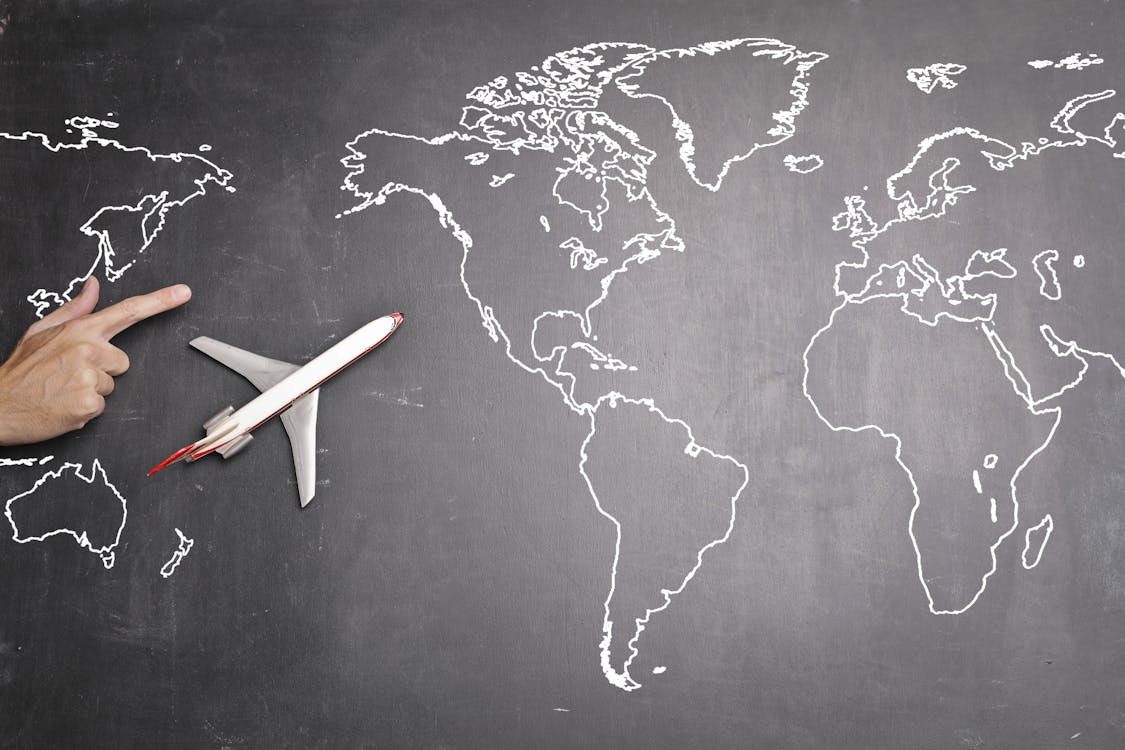South Africa's first migration report reveals that while the number of people seeking refugee status has decreased, more South Africans are seeking protection abroad than before. The motivations behind this increase are varied, driven by political, economic, social, and environmental reasons. However, South Africa's international image has been tarnished as asylum seekers have claimed political persecution.
In March 2018, South Africa demanded that Australian home affairs minister Peter Dutton retract his comments suggesting white farmers were being persecuted and should receive fast-tracked humanitarian visas from a "civilised country." In 2010, Charl and Naira Nel told Canada's Immigration and Refugee Board that they feared being victims of crime and violence, and all feared violence targeting whites. In 2014, the Nel family were finally granted asylum.
One of South Africa's most prominent asylum seekers, Brandon Huntley, entered Canada on a temporary work visa in 2004, alleged that he was being targeted in South Africa because of his skin color. In 2014, a Canadian court turned down his application, saying Huntley did not meet the criteria for refugee status.
The Stats SA migration report was released last week as part of a commitment to the UN’s International Organisation for Migration’s Global Compact for Safe, Orderly and Regular Migration. The research was funded through the European Union’s Southern African Migration Management Project.
The brain drain has been significant, with fewer numbers of South Africans returning to our shores in the past decade, despite anecdotal reports to the contrary. In 20 years, the number of South Africans residing abroad swelled from 501,600 to 914,901, and that’s only until 2020, as the data is based on the latest available information from the United Nations Department of Economic and Social Affairs.
Rejections, according to Amnesty International, have been as high as 96%, largely due to bureaucratic inefficiency and illegitimate asylum claims by mostly economic immigrants. This, the Amnesty International report says, is causing a massive backlog of appeals and reviews, keeping some asylum seekers in the system without a final decision on their case for as long as 19 years.


